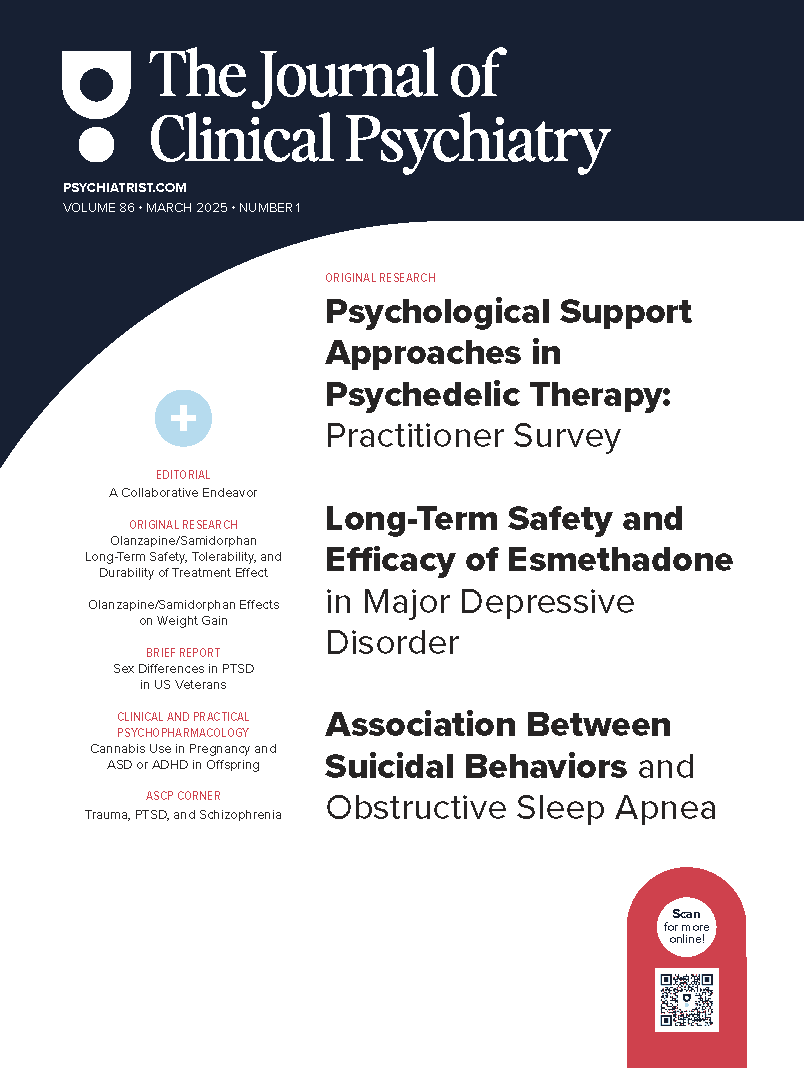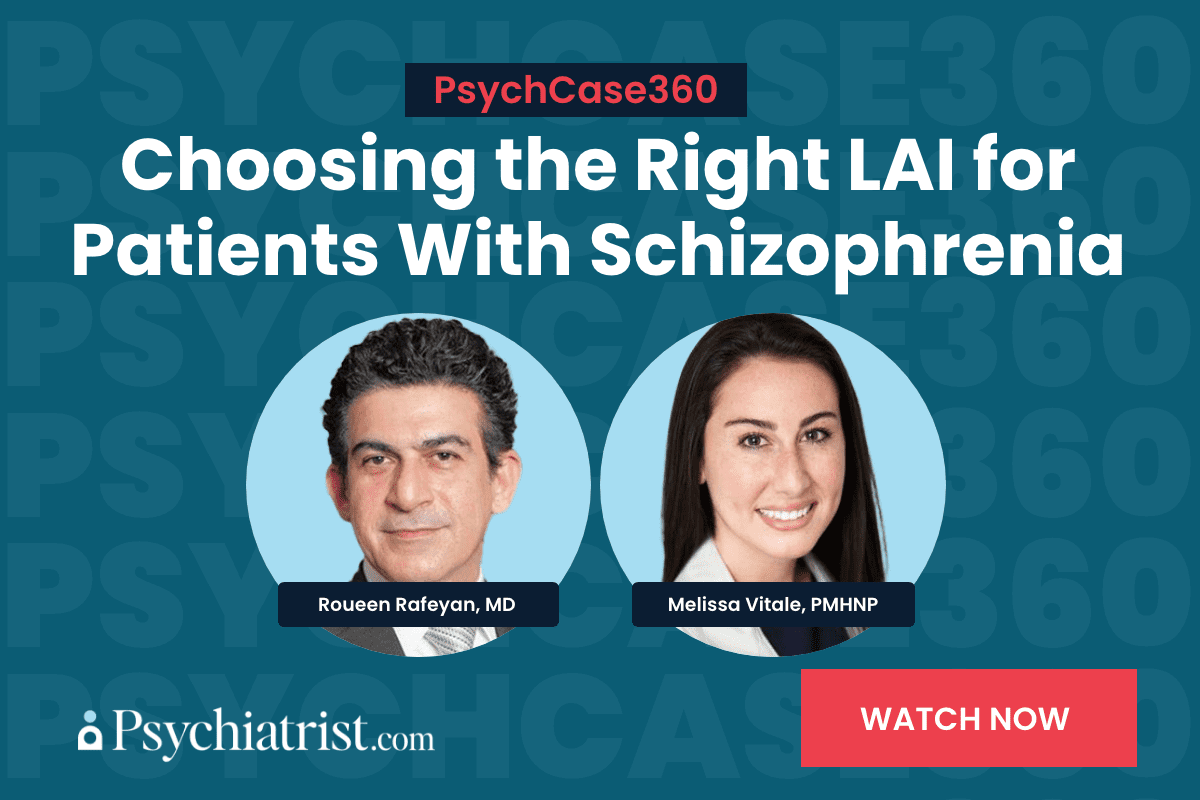Objective: Functional recovery remains the primary goal following treatment of a psychotic disorder, especially after a first episode. Evidence regarding relative contributions of predictors of functional outcome, including symptoms and cognition, remains equivocal. The objective of the study was to determine the relative contribution of cognition, in particular verbal memory, and symptomatic remission to social and occupational functioning while controlling for established predictors of functioning in a large sample of patients presenting with a first episode of a schizophrenia spectrum or affective psychosis.
Method: Patients (aged 14-35 years) met DSM-IV criteria for a first episode of a schizophrenia spectrum or affective psychosis and had been admitted to the Prevention and Early Intervention Program for Psychoses, Montreal, Quebec, Canada, between 2003 and 2009 for treatment and follow-up for 2 years. Established predictors (duration of untreated psychosis, medication adherence, age at onset, substance use, premorbid adjustment), verbal memory, and length of positive and negative symptom remission were regressed on functioning (using the Strauss Carpenter Scale) at 1 (n = 208) and 2 (n = 159) years. Regressions were conducted with established predictors in the first step, followed by verbal memory and consecutive months of combined positive and negative symptom remission in the third step. Regressions were then repeated with length of positive and negative symptom remission, respectively.
Results: Length of combined positive and negative symptom remission explained the most variance in functioning at 1 (R2 adjusted = 0.35, F9,129 = 9.33, P < .001) and 2 (R2 adjusted = 0.38, F9,97 = 8.21, P < .001) years, and verbal memory contributed only slightly to such outcome. While length of remission of negative symptoms was a stronger predictor of functioning than remission of positive symptoms at 1 year, length of positive symptom remission also made a large contribution at 2 years.
Conclusions: These results highlight the importance of achieving and maintaining remission of both negative and positive symptoms for longer periods in patients with a first episode of a psychotic disorder and the need for effective interventions to do so.
Continue Reading...
Members enjoy unlimited free PDF downloads as part of their subscription! Subscribe today for instant access to this article and our entire library in your preferred format. Alternatively, you can purchase the PDF of this article individually.
Please sign in or purchase this PDF for $40.00.
Already a member? Login




